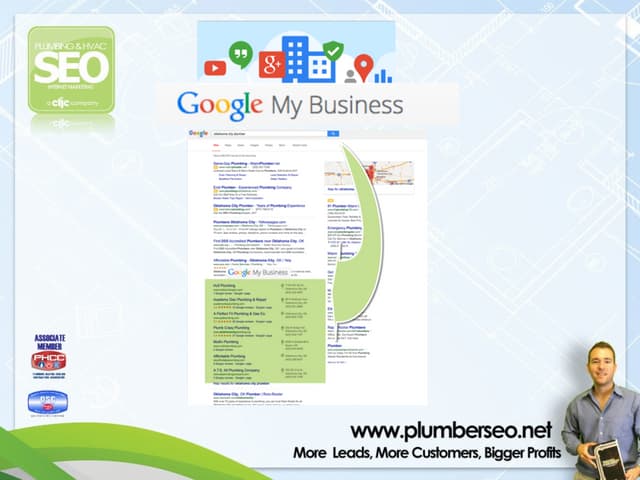

It also ensures website visitors have a good user experience. Technical SEO refers to optimizing the performance of your website (or the technical foundation), so search engines can crawl, index, and render your website with ease. Want to learn more about off-page optimization? Good, because we wrote an entire article on it: The Off-Page SEO Ranking Factors Everyone Should Know.

Yelp, G2, Capterra, HealthGrades, etc.) that rank in the top spots Vertical search rankings (AKA “Barnacle SEO”): What other search engines or websites (e.g.Brand signals: If not a direct link, do reputable and authoritative websites mention you in their content?.Backlinks (AKA “ link building”): Do other reputable and authoritative websites (i.e., those with high domain authority) link back to your website?.And honestly, it doesn’t matter what you consider off-page SEO, just as long as it influences one of the following three things: Marketers like to lump everything (from social media marketing to influencer marketing to podcasting) in with off-page SEO. Second, if Google were to ask other people in your industry how relevant and credible you are as a source of information, who would vouch for you? That’s off-page’s job. Google search engine algorithms want to know two things more than anything when ranking websites.įirst, how relevant is the content on your website to the query someone typed in Google? In other words, does your page satisfy the searcher’s intent? That’s on-page’s job. As a result, these combined tactics improve your organic search rankings. Off-page SEO (AKA “off-site optimization”) refers to the tactics you perform off of your domain that help build trust, credibility, and authority. Want to learn more about on-page optimization? Read our deep-dive article: On-page 7 Simple Steps to Better Optimization 2. Heading tags (AKA H-tags): Is the article organized hierarchically (headings and subheading) from top to bottom?.URL slugs: Is the URL slug clear, concise, and descriptive?.External links: Does the article externally link to other relevant and reputable resources across the web?.Internal links: Does the article internally link to other relevant resources and existing content on your site?.Images: Do images load quickly and include captions, titles, and alt tags?.Robots tags: Is the page indexable by search engines?.Meta descriptions: Does the description provide an actionable CTA and include keywords?.Title tags: Does the page title include keywords and entice clicks?.Keywords: Do the keywords on the page explore the topic in depth?.Content: Does the content satisfy the searcher’s intent?.It’s the final stage your articles need to pass through before hitting publish-like dotting the i’s and crossing the t’s. Think of on-page like the quality assurance of SEO. The focus of on-page is to help search engines and visitors better understand the meaning of your content and its relevance to a specific search query. Unlike off-page or technical SEO, on-page optimization takes place on a page-by-page basis (i.e., not sitewide). On-page SEO, also known as on-page optimization or on-site SEO, is the practice of optimizing individual web pages on your site so they can rank higher in Google search results and drive more organic traffic.


 0 kommentar(er)
0 kommentar(er)
